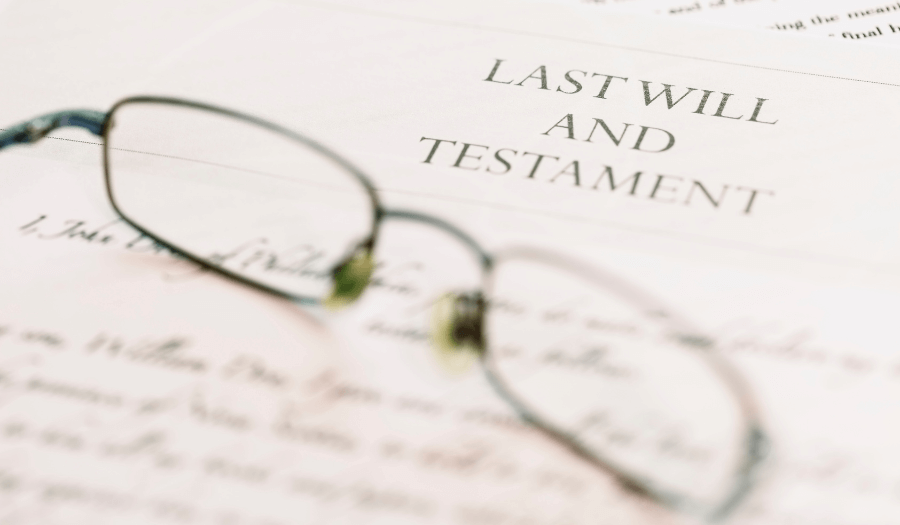This one is easy. Make a will as soon as you have any assets in your name.
And because life is unpredictable, it’s a good idea to think about more than just the distribution of your assets after death – what will happen if you don’t die but end up incapacitated?
It’s good to have as much control of your future as possible; think about potential outcomes and put in place contingency plans for death and disaster.
Yesterday is of course the best time to make future plans but today is the next best time.
Making a will is not always easy. First you must have an idea of what you have, then decide who you want it to go to, and what happens if they are no longer around.
Typically, the legal documents you should have in place at all times are your will, your Power of Attorney, your Power of Guardianship, and your medical directives. The Power of Attorney nominates someone to act on your behalf in case you are unable to act on your own behalf. The Power of Guardianship focuses on your health and wellbeing, and your medical directives consider end of life decisions. It is important to remember that the Power of Attorney ceases on your death – and from there it is the executor of the will who has power over your financial legacy.
Why currency is important
These vital documents should be kept up-to-date at all times. Too often I have heard heartbreaking stories of a current partner (and sometimes children) being left without anything after a death.
Instead, an ex-partner or family member who was originally named in the will, received all the assets, simply because the will wasn’t updated.
Keep your documents current.
Decide who you want as your executor – the person who is responsible for making sure your will is followed. It makes sense to make it someone you trust and potentially younger than you.
In almost all cases, it’s best to see a lawyer. They will ask questions you may not have considered, and make you think very carefully about what your intentions are.
Why a will is an important part of your financial plan
Your will distills who is important to you and what you want your legacy to be, and it guides your financial planner so they can give you the best possible advice.
When you are young and perhaps just starting in the workforce you haven’t amassed a great deal and you don’t think a will is important, but perhaps you have super and are insured through your super – this can be thousands of dollars you are leaving behind. Where would you want it to go? Who would you want to help?
When you have a family and responsibilities, it’s a little more urgent that your intentions are clear.
When you marry, any previous will by either partner becomes invalid. So, it’s important to make an appointment to update your will as soon as you are married or change partner.
At each important milestone it’s important to revisit your will and make sure it’s still as you intend.
When complications arise
As your financial position becomes more complicated it’s important to check with a lawyer to make sure there are no unintended consequences to your beneficiaries.
While marriage voids your previous wills, divorce does not. A lawyer will help you navigate this.
As a rule, you should check your will every couple of years, as people you have nominated as your executor(s) or beneficiaries may no longer be around.
It’s important to note that your superannuation is not taken care of through your will but is through a nominated beneficiary directly nominated through your super fund.
There are rules around who may receive your superannuation payment – typically dependents. If you want to leave your superannuation to non-dependents you should nominate your estate as your beneficiary and use your will to distribute it.
Costs
A simple will made through a solicitor should cost between $600 to $3000, depending on the complexity.
For example, if you have beneficiaries who might need protection, such as minor children or those with special needs, you might like to put in place a testamentary trust.
This comes into force after your death and the major advantage of this is having income, capital gains and franked dividends paid to your beneficiaries in a tax-efficient way.
These trusts can also be used if your will is complex and you want to protect your assets from people who are no longer in your life or don’t deserve something you’ve worked hard for.
The Money & Life website is operated by the Financial Advice Association (FAAA). The views expressed in this article are those of the author and not those of the FAAA. The FAAA does not endorse or otherwise assume responsibility for any financial product advice which may be contained in the article. Nor does it endorse or assume responsibility for the information accessible via any links provided in the article. Please consider seeking advice from a qualified professional to ascertain how the information in this article and the links provided may relate to you.








